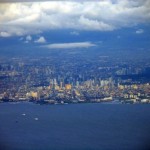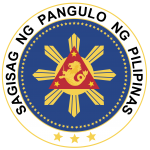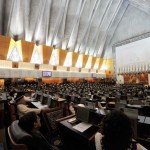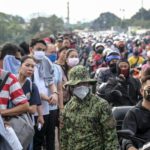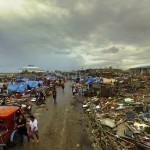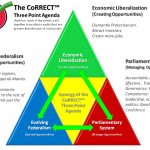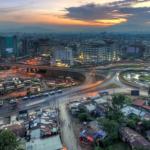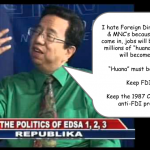Chapter I – General Provisions
Article 177. The territorial and political subdivisions of the Republic of the Philippines are the provinces, cities, municipalities, and barangays. There shall be autonomous territories in the country as provided in Chapter II of this Title.
Article 178. The State shall ensure that the territorial and political subdivisions shall enjoy local autonomy.
Article 179. The National Assembly shall strengthen the existing Local Government Code to provide for a more responsive and accountable local government structure instituted through a system of decentralization and devolution with effective mechanisms of recall, initiative, and referendum, allocate among the different local government units their powers, responsibilities, and resources. The Code shall provide for the qualifications, election, appointment and removal, term, salaries, powers and functions and duties of local officials, and all other matters relating to the organization and operation of the local units.
Article 180. The President of the Council of Government shall exercise general supervision over local governments. Provinces with respect to component cities and municipalities, and cities and municipalities with respect to component barangays shall ensure that the acts of their component units are within the scope of their prescribed powers and functions.
Article 181. Each local government and autonomous territory shall have the power to create its own sources of revenues and to levy taxes, fees and charges subject to such guidelines and limitations as the National Assembly may provide. Such taxes, fees, and charges shall accrue to the concerned local governments or autonomous territories.
Article 182. The National Government is mandated to provide local governments their just share, as determined by law, in the national taxes, which shall be automatically released to them.
Article 183. Local governments shall be entitled to an equitable share in the proceeds of the utilization and development of the national wealth within their respective areas, including but not limited to off-shore sites beyond municipal waters, in the manner provided by law, which shall be automatically released to them, including sharing the same with the inhabitants by way of direct benefits. Local governments may be authorized by law to collect the proceeds and retain their equitable share.
Article 184. The term of office of elective local officials shall be four years except barangay officials, which shall be determined by law.
Article 185. No province, city, municipality, or barangay may be created, divided, merged, abolished, or its boundary substantially altered, except in accordance with the criteria established in the Local Government Code and subject to approval by a majority of the votes cast in a plebiscite in the political units affected.
Article 186. The National Assembly may, by law, create special metropolitan subdivisions, subject to approval by the majority of the votes cast in the areas affected. The component cities and municipalities shall retain their basic autonomy and shall be entitled to their own local executives and legislative bodies.
Article 187. Highly urbanized cities, as determined by law, shall be independent of the province. The voters of component cities, regardless of the provisions of their respective charters, shall not be deprived of their right to vote for elective provincial officials. All component cities shall be under the supervision of the provincial government.



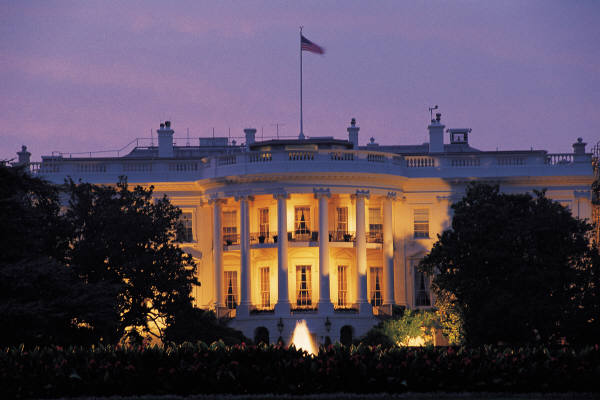
 I believe: This is a CoRRECT™ Video with a very positive message
I believe: This is a CoRRECT™ Video with a very positive message Walang Natira: Gloc-9's MTV Rap about the OFW Phenomenon
Walang Natira: Gloc-9's MTV Rap about the OFW Phenomenon




